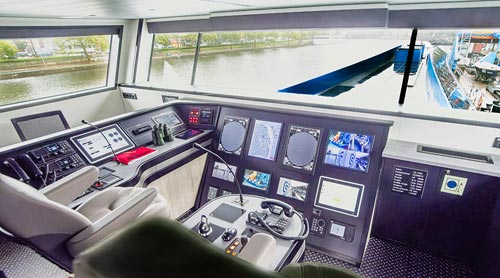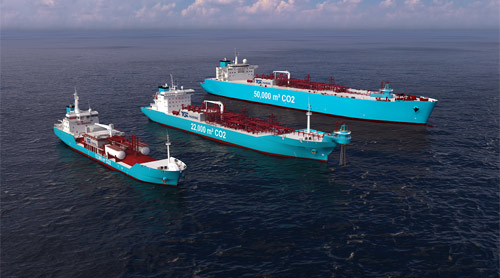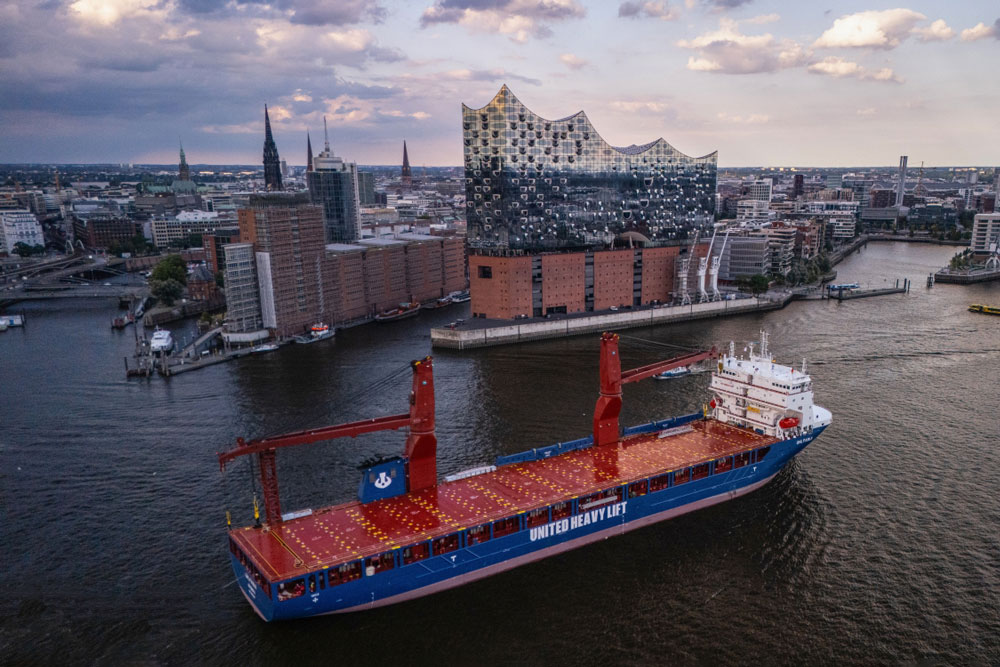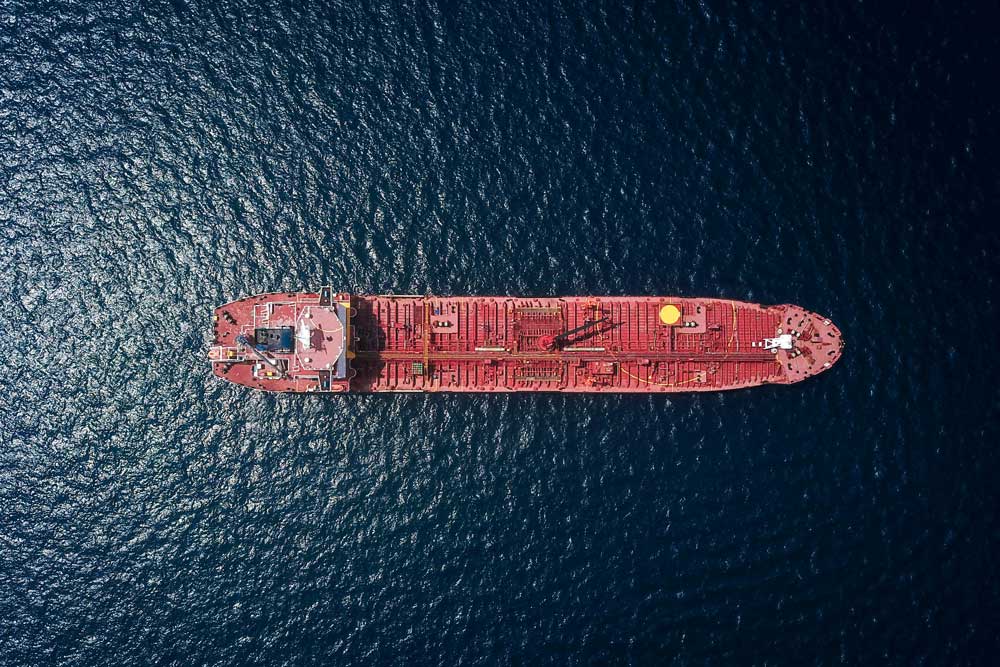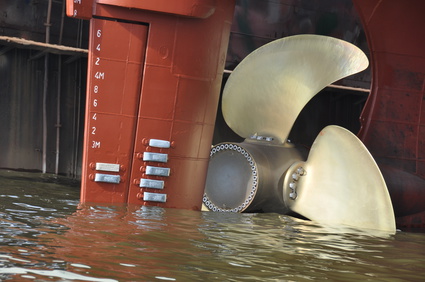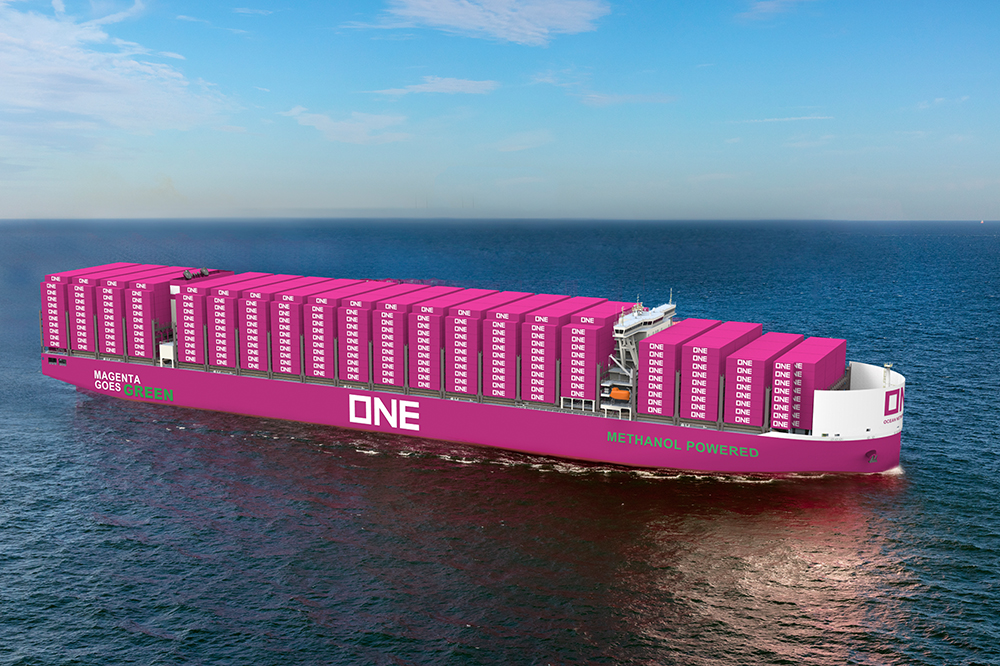The National Ports Strategy, which has now been approved by the Federal Cabinet, aims to secure efficient ports for Germany. However, there is much criticism regarding the lack of financial commitments.
German ports secure the supply of industry, trade and the population, and directly and indirectly up to 5.6 million jobs nationwide. Against the backdrop of climate and energy industry transformation processes, the Russian war of aggression on Ukraine, the consequences of the Covid-19 pandemic, Brexit and far-reaching changes in global trade, the German government today adopted the National Ports Strategy. [ds_preview]
This is intended to enable German seaports and inland ports to meet current and future challenges. The participating federal ministries, federal states, associations and the trade union ver.di have developed joint strategic goals to strengthen the ports. In addition, there are almost 140 operational measures with which these goals are to be achieved.
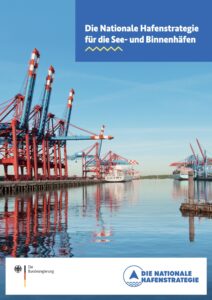 The National Ports Strategy defines five fields of action:
The National Ports Strategy defines five fields of action:
- Strengthening the competitiveness of Germany as a port location
- developing ports into sustainable hubs for the energy transition and hubs for modal shift
- actively shaping the digital transformation for the future
- training and employment
- the needs-based expansion and maintenance of transport and communication infrastructure.
The implementation process is to be initiated immediately following the publication of the National Ports Strategy together with those involved to date.
Wissing: “The result is convincing”
Federal Transport Minister Volker Wissing explains: “Reconciling the many different interests of the individual ports, environmental and business associations was a major task. I would therefore like to thank everyone who played a constructive role in developing the strategy. The result is convincing: a course book with almost 140 concrete measures that show solutions for the most pressing challenges facing ports – from the great opportunities of digitalization to scarce space, skilled workers and resources.”

While the ports are the original responsibility of the federal states, the federal government is responsible for the construction and maintenance of the federal transportation routes and also finances them in accordance with the Basic Law. According to the Ministry of Transport, the federal government has invested an average of around €500 million per year directly in the maintenance and expansion of the connections to and from the German seaports over the last ten years for the fairway adjustments on the Elbe and Weser, the deepening of the Outer Ems, the measures on the Kiel Canal and the expansion of the seaward approaches to Rostock and Wismar alone.
Wissing: “The federal government continues to stand by its shared responsibility for the ports. This also includes the question of appropriate federal participation in the costs of the federal states. However, it is important to us that the plan comes first, then the money. With a common understanding of the port strategy, we can now work on stabilising the high level of investment and accelerating planning.”
Port strategy without financial commitments
The Central Association of German Seaport Operators (ZDS) and the Federal Association of Public Inland Ports (BÖB) see many good plans in the cabinet’s decision on the National Ports Strategy, but express “great disappointment” on the part of the ports industry at the lack of financial commitments.

“An ambitious port policy is needed to future-proof Germany’s seaports and inland ports. However, today’s cabinet decision lacks one key prerequisite: the means to implement it. It seems as if the federal government has run out of steam after a strong start,” they say. The ZDS and BÖB see an urgent need for action. It is true that the National Ports Strategy contains many important projects that both associations have long been calling for and expressly welcome. These include urgently needed measures to simplify competition, approval and environmental law for ports, shipping and logistics. However, the port strategy lacks any financial commitments for investments in the maintenance, expansion and transformation of ports and transport infrastructure. Both associations are appealing to federal politicians to close this gap when designing economic programs and drawing up the federal budget for 2025.
Angela Titzrath, President of the ZDS: “In principle, we welcome the National Ports Strategy. The seaports have been politically neglected for far too long. They are the most important transhipment points for goods in Germany and are therefore indispensable for our economy and for supplying people in this country. That is why we need to invest consistently in maintaining and expanding the port infrastructure and the associated transport infrastructure in the coming years. It is right that the federal and state governments now recognise this as their joint responsibility. On the part of the federal government, however, this recognition must now finally be followed by reliable commitments to seaport financing – for all ports. Without these investments, the goals of the National Ports Strategy remain unattainable – politicians must urgently make improvements.”
“Debureaucratisation must remain an ongoing issue”
The Managing Director of the German Shipbrokers’ Association, Alexander Geisler, expressly welcomes the National Ports Strategy that has been presented. “It is always better to have a strategy than to let things slide,” says Geisler. The strategy not only serves as a political assessment of the current situation, but also documents in detail the areas in which there is “homework” for the federal government and the federal states, which must now be completed in a timely manner.

The association welcomes the fact that the need to increase productivity in the ports through investment and by streamlining administrative procedures and responsibilities is also addressed. There is still considerable potential for improvement on the part of the administration, both federal and state, which needs to be leveraged. “The general reduction of bureaucracy must, therefore, remain an ongoing issue in the interests of speeding up operational processes in the ports. This also applies to the space requirements of the ports and the companies based there, as well as the waiting areas for seagoing vessels and inland waterway vessels. Unfortunately, there has been competition here for years with the approaching residential development and more and more industry and waiting areas for ships are being lost. As part of the implementation of the port strategy, it must now also be made clear that ports and existing industrial companies there have priority over the encroaching residential development,” said Geisler.













